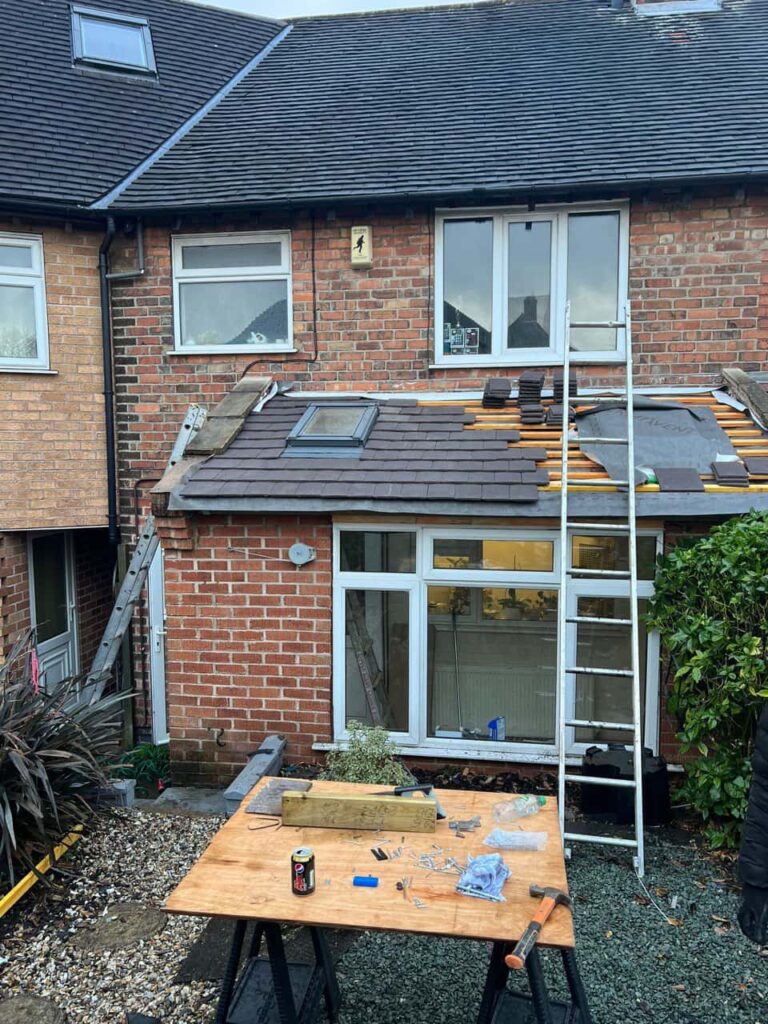Introduction: When faced with issues or damage to a commercial roof, property owners are often confronted with whether to repair the existing roof or replace it entirely. Both options have advantages and considerations, depending on the extent of the damage, the roof’s age, budget constraints, and long-term goals. In this blog post, we’ll discuss the factors to consider when deciding between commercial roof repair and replacement to help property owners make an informed decision.
When to Repair:
- Minor Damage: If the damage to the commercial roof is isolated and relatively minor, such as small leaks, punctures, or damaged flashing, repair may be a cost-effective solution. Prompt repairs can prevent the issue from worsening and extend the roof’s lifespan.
- Budget Constraints: Repairing a commercial roof is often more budget-friendly than replacing it. If budget constraints are a concern, addressing specific issues through targeted repairs can provide temporary relief while maintaining the roof’s integrity.
- Roof Age: If the commercial roof is relatively new and in overall good condition, repairing minor issues as they arise can help prolong its lifespan and delay the need for replacement.
- Maintenance History: Regular maintenance and upkeep of the commercial roof can prolong its lifespan and minimise the need for replacement. If the roof has a history of proper maintenance, repairing minor issues may be sufficient to keep it functional and watertight.
When to Replace:
- Extensive Damage: If the commercial roof has sustained extensive damage, such as widespread leaks, severe deterioration, or structural issues, replacement may be the most practical and cost-effective solution. Repairs alone may not adequately address the underlying issues or provide long-term protection.
- Aging Roof: Commercial roofs have a finite lifespan, typically 15 to 30 years, depending on the materials used and environmental factors. Suppose the roof is nearing the end of its expected lifespan and showing signs of significant wear and tear. In that case, replacement may be necessary to avoid future issues and ensure the safety and integrity of the building.
- Energy Efficiency: Older commercial roofs may lack proper insulation and energy-efficient features, resulting in higher energy costs and reduced comfort for occupants. Replacing the roof with modern, energy-efficient materials can improve insulation, reduce heating and cooling expenses, and enhance indoor comfort and air quality.
- Building Code Compliance: If the commercial roof does not meet current building codes or regulations, replacement may be necessary to bring it into compliance and ensure the safety and legality of the building. Upgrading to newer roofing materials and systems can also provide additional durability, fire resistance, and environmental sustainability benefits.
Conclusion: Deciding between commercial roof repair and replacement requires careful consideration of various factors, including the extent of damage, budget constraints, roof age, maintenance history, energy efficiency, and building code compliance. While repairs may be suitable for minor issues and budget-friendly solutions, replacement may be necessary for extensive damage, ageing roofs, energy efficiency upgrades, and code compliance. Consulting with a reputable roofing contractor can provide expert guidance and assistance in evaluating the condition of the commercial roof and determining the most appropriate course of action to ensure the building’s long-term performance, durability, and safety.
Call us on: 01730 771 382
Click here to find out more about Midhurst Roofing Repairs
Click here to complete our contact form and see how we can help with your roofing needs.

